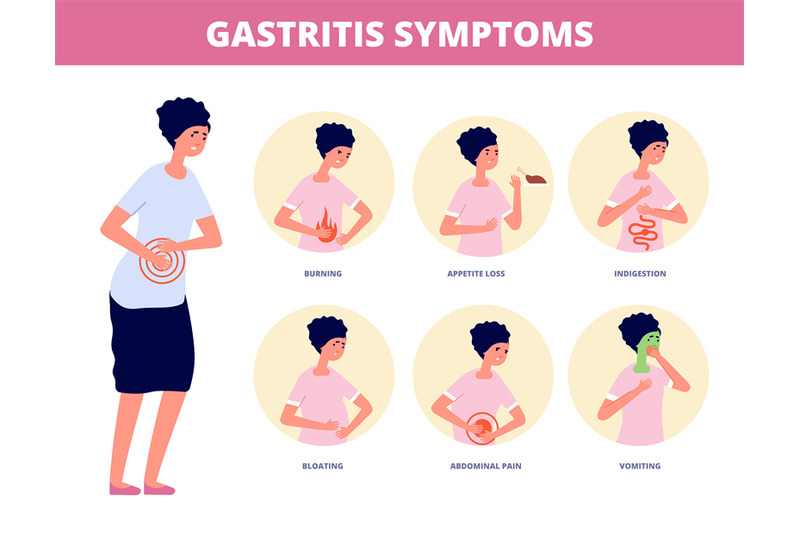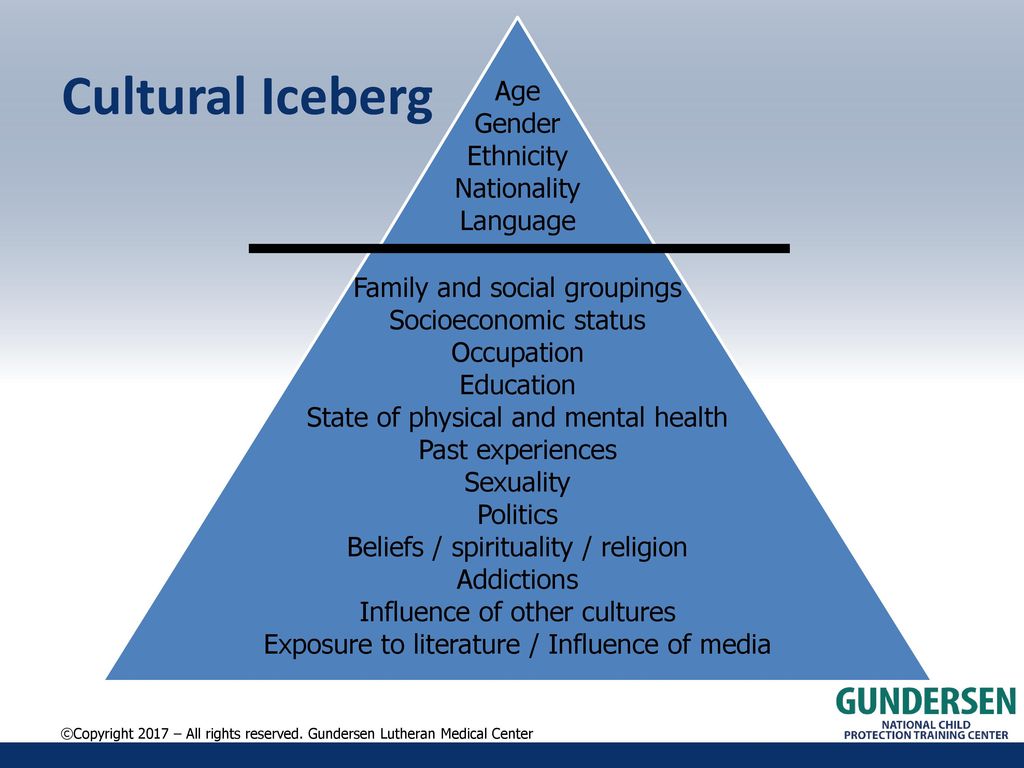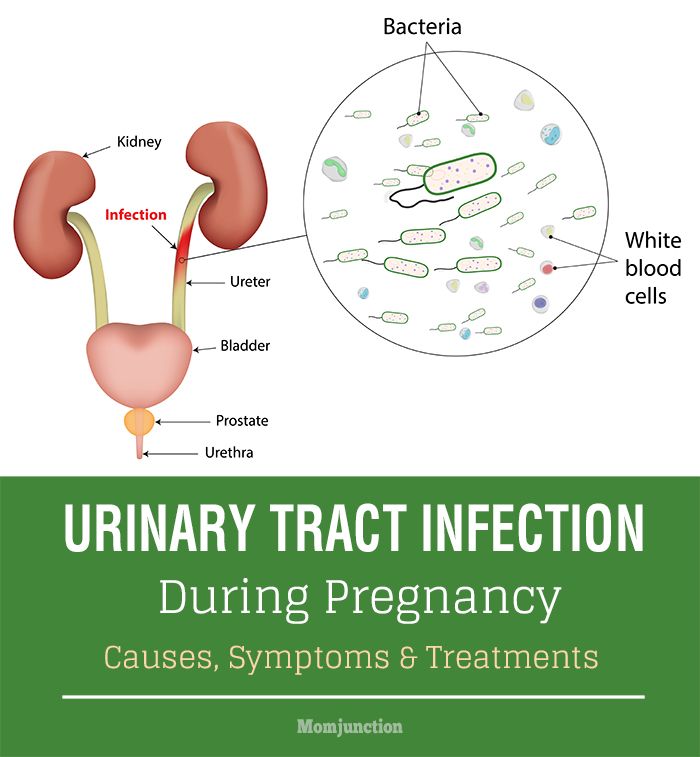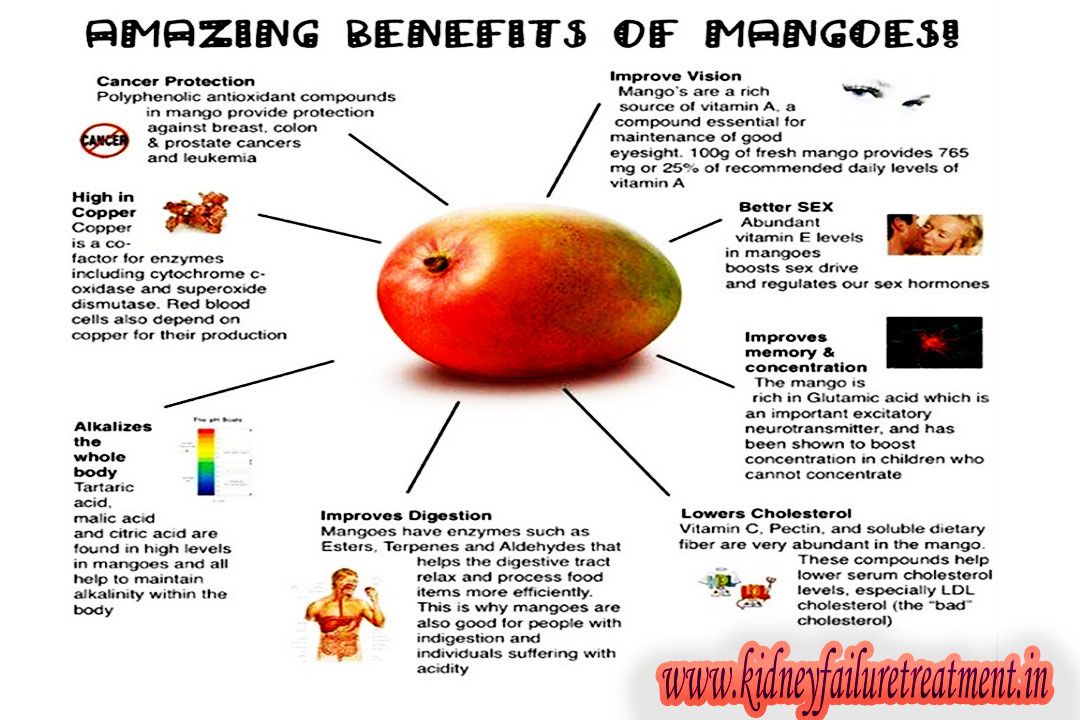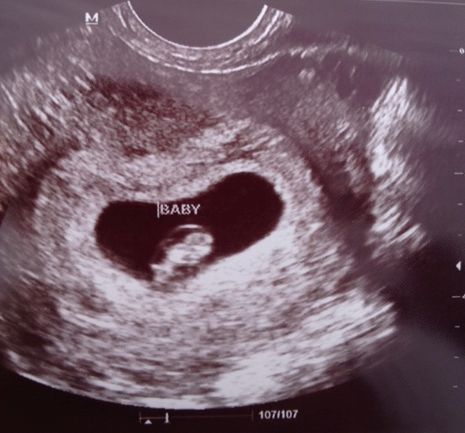Drink beer while pregnant
Drinking a little alcohol early in pregnancy may be okay
The usual message to pregnant women: Don't drink any alcohol. Clearly alcohol use can cause major problems for the pregnant woman and her baby.
While not drinking any alcohol during pregnancy is the safest choice, small amounts of alcohol early in pregnancy may be less risky to the mother’s health and the health of their babies than previously believed. Minimal alcohol use during the first trimester doesn’t appear to increase the risk for high blood pressure complications, or premature birth or low birth weights. That’s the findings of a study previously published in the journal Obstetrics and Gynecology.
Dr. Fergus McCarthy and colleagues from Ireland, England, New Zealand, and Australia compared birth outcomes among 5,628 women who were pregnant for the first time between 2004 and 2011. More than half of them reported drinking alcohol during the first three months of pregnancy. Some (19%) reported occasionally drinking alcohol. Twenty-five percent reported low alcohol consumption, or three to seven drinks per week ("a drink" defined as a glass of wine or a little less than a 12-ounce bottle of beer). Another 15% reported having more than seven drinks per week.
Rates of premature birth, babies with low birth weight or small size, and pre-eclampsia—a potentially life-threatening condition in which a pregnant woman develops high blood pressure—were similar across the alcohol consumption categories
The potential hazard of alcohol during pregnancy
For the past few decades, women have been urged to avoid alcohol during pregnancy. Respected medical societies like the American College of Obstetricians and Gynecologists and the United Kingdom's Royal College of Obstetricians and Gynaecologists Women both say women shouldn't drink any alcohol during pregnancy. The main reason for this is that heavy use of alcohol during pregnancy has been linked to a long-term and irreversible condition known as fetal alcohol syndrome (FAS).
Babies with FAS may be born early. They are often underweight and don't grow well. Some have characteristic facial features like a thin upper lip and small eye openings, or the small vertical groove between the upper lip and the nose may be flattened. Other physical signs that go along with fetal alcohol syndrome include a small head, short nose, and problems with the way the heart or the joints are formed.
Children with FAS are slower to learn language skills than other kids. When they reach school age they often have learning disabilities and difficulty with attention, memory and hyperactivity. They are more likely to have poor coordination and a hard time with problem-solving. And some have trouble making friends and relating to other kids. All of which can make school a really difficult time.
Despite this clear advice, up to half of women drink some alcohol during pregnancy.
Putting it into practice
How clear is the medical evidence supporting strict abstinence from alcohol during pregnancy? Not very strong. Other studies suggest pregnant women who have an occasional drink don't harm themselves or their baby. A 2012 Danish study, for example, found that low to moderate alcohol consumption during pregnancy did not affect executive functioning among 5-year-olds. Executive functioning is a catchall term that describes the ability to perform activities such as planning, organizing, strategizing, remembering details, and managing time.
Other studies suggest pregnant women who have an occasional drink don't harm themselves or their baby. A 2012 Danish study, for example, found that low to moderate alcohol consumption during pregnancy did not affect executive functioning among 5-year-olds. Executive functioning is a catchall term that describes the ability to perform activities such as planning, organizing, strategizing, remembering details, and managing time.
However, since it's not clear how much alcohol it takes to cause problems, the best advice remains the same: women should avoid alcohol if they are pregnant or might become pregnant.
For the many women that drank some alcohol before they realized they were pregnant, this and other studies should reassure them. They almost surely did no harm to their unborn children.
Image: The Good Brigade/Getty Images
Drinking alcohol while pregnant - NHS
Experts are still unsure exactly how much – if any – alcohol is completely safe for you to have while you're pregnant, so the safest approach is not to drink at all while you're expecting.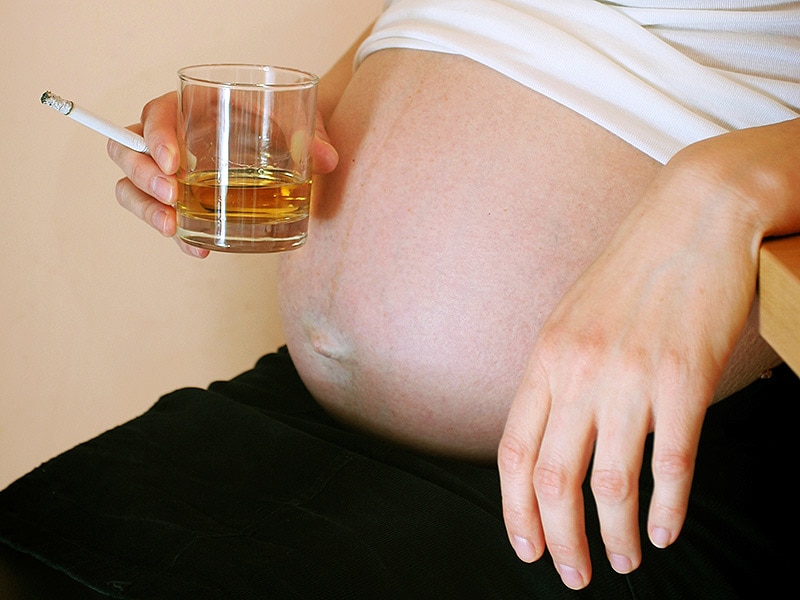
Is it safe to drink alcohol when pregnant?
The Chief Medical Officers for the UK recommend that if you're pregnant or planning to become pregnant, the safest approach is not to drink alcohol at all to keep risks to your baby to a minimum.
Drinking in pregnancy can lead to long-term harm to the baby, with the more you drink, the greater the risk.
How does alcohol affect my unborn baby?
When you drink, alcohol passes from your blood through the placenta to your baby.
A baby's liver is one of the last organs to develop and does not mature until the later stages of pregnancy.
Your baby cannot process alcohol well, and exposure to alcohol can seriously affect their development.
Drinking alcohol during pregnancy increases the risk of miscarriage, premature birth and your baby having a low birthweight. It can also affect your baby after they're born.
It can also affect your baby after they're born.
Drinking during pregnancy can cause your baby to develop a serious condition called foetal alcohol spectrum disorder (FASD).
FASD can cause problems with:
- learning and behaviour
- joints, bones, muscles and some organs
- managing emotions and developing social skills
- hyperactivity and impulse control
- communication, such as problems with speech
The risk is likely to be greater the more you drink.
How to avoid alcohol in pregnancy
It may not be as difficult as you think to avoid alcohol completely during pregnancy, as many women go off the taste of alcohol early in pregnancy.
Most women do give up alcohol once they know they're pregnant or when they're planning to become pregnant.
Women who find out they're pregnant after already having drunk in early pregnancy should avoid further drinking.
However, they should not worry unnecessarily, as the risks of their baby being affected are likely to be low.
If you're concerned, talk to a midwife or doctor.
What is a unit of alcohol?
If you do decide to drink when you're pregnant, it's important to know how many units you are consuming.
One UK unit is 10 millilitres (ml) – or 8 grams – of pure alcohol. This is equal to:
- just under half a pint of cider (218ml) at 4.5% alcohol by volume (ABV: you can find this on the label)
- just under half a pint of beer (250ml) at 4% ABV
- a single measure of spirit (25ml), such as whisky, gin, rum or vodka, at 40% ABV
- just under half a standard glass of wine (76ml) at 13% ABV
You can find out how many units there are in different types and brands of drinks with the Drinkaware unit and calorie calculator.
If you have an Android smartphone, iPhone, iPad or iPod touch, you can download the free One You Drinks Tracker from Google Play or the iTunes App Store. It allows you to keep a drinks diary and get feedback on your drinking.
Read more about alcohol units.
Alcohol support services
If you have difficulty cutting down what you drink, talk to a midwife, doctor or pharmacist.
Confidential help and support is also available from local counselling services:
- Drinkline – the national alcohol helpline; if you're worried about your own or someone else's drinking, call this free helpline on 0300 123 1110 (weekdays 9am to 8pm, weekends 11am to 4pm)
- We Are With You – a UK-wide treatment agency that helps individuals, families and communities manage the effects of alcohol and drug misuse
- Alcoholics Anonymous (AA) – a free self-help group; its "12-step" programme involves getting sober with the help of regular support groups
Find your nearest alcohol support services.
Read more advice on cutting down your drinking.
Find maternity services near you.
Page last reviewed: 29 January 2020
Next review due: 29 January 2023
Scientists: moderate alcohol consumption during pregnancy does not harm the fetus
Small doses of alcohol during pregnancy do not harm the fetus, an analysis of scientific papers over more than half a century has shown. However, scientists still recommend to refrain from drinking - just to be on the safe side.
Evidence for the harms of moderate drinking during pregnancy is surprisingly low, researchers from the University of Bristol found, after reviewing all available literature on the topic since 1950s. Based on them, it is impossible to draw unambiguous conclusions that alcohol should be abandoned during pregnancy.
The results were published in the magazine BMJ Open .
The UK National Health Service's official pregnancy guidelines state that “experts are still not sure how much alcohol is considered completely safe during pregnancy. Drinking alcohol during pregnancy can lead to malformations in the baby, the more you drink, the higher this risk.” nine0003
Despite the recommendations,
up to 80% of women in the UK, Ireland, New Zealand neglect them, the authors note.
About half of pregnancies are unplanned, so sometimes a woman drinks alcohol without knowing she is pregnant.
There is enough evidence that alcohol abuse harms the fetus: it increases the risk of miscarriage and premature birth, causes the child to have fetal alcohol syndrome - a set of various abnormalities in the physical and mental development of the child, from stunting to facial abnormalities and developmental delays. nine0003
But with moderate consumption, the situation is less clear.
According to the authors of the work, about a liter of beer or cider per week will not cause harm.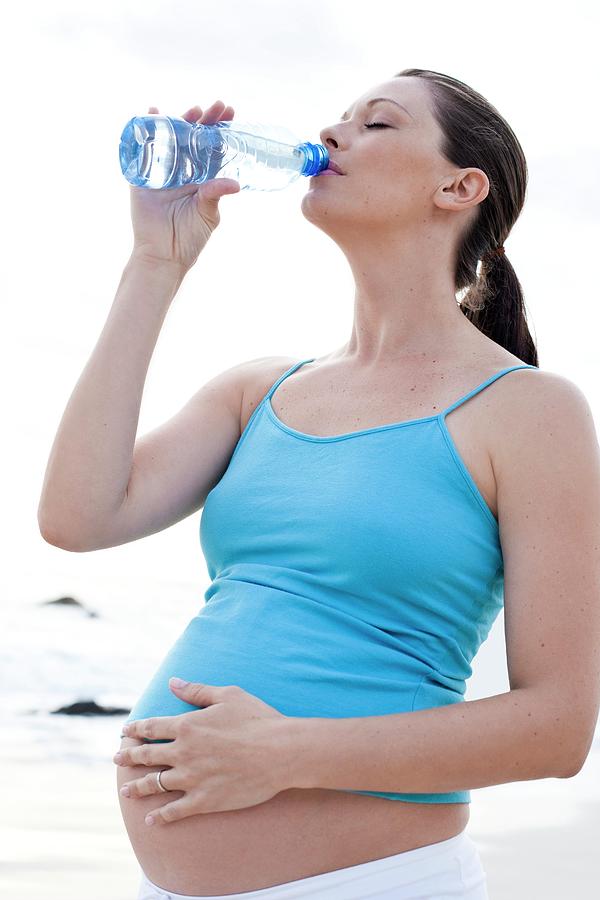
An analysis of 26 large studies on the effect of alcohol on fetal development showed that this amount of alcohol was associated with an 8 percent risk of having a slightly smaller baby compared to those who did not drink alcohol at all during pregnancy. However, the difference in weight was only 2-14%. In addition, as the researchers note, such a correlation does not yet indicate a causal relationship. nine0003
“While drinking small amounts of alcohol may be associated with having smaller children, there are other explanations for this. And this is a problem for those responsible for health advice. They need not only to recommend a certain course of action, but also to provide evidence demonstrating its benefits, ”explains Dr. Christoph Lis, specialist in midwifery at Imperial College London.
They also noted a possible association with preterm birth, but there was not enough data to unequivocally speak of such an association. nine0003
In general, very few studies compared the course of pregnancy and the further development of the child in women who gave up alcohol and allowed themselves a couple of drinks a week.
And the data obtained do not allow us to draw definite conclusions about the effect of small doses of alcohol on the development of the fetus and the further condition of the child.
However, the team emphasizes that this does not mean that alcohol is completely safe. The researchers recommend that women still refrain from using it during pregnancy, just to be on the safe side. “This study shows that, based on available data,
it is not possible to say what is the safe amount of alcohol for a woman who is pregnant or trying to conceive.
My advice to women is not to drink at all during pregnancy and its planning. Regular drinking can be harmful and as a precaution it is best not to do so,” says Professor Russell Wiener of the Royal College of Paediatrics and Child Health.
"In contrast to the reports about the dangers of smoking, which are well-documented, the word about the dangers of small amounts of alcohol is perceived by pregnant women with a fair amount of skepticism," says Justine Roberts, CEO of a major Internet portal for parents.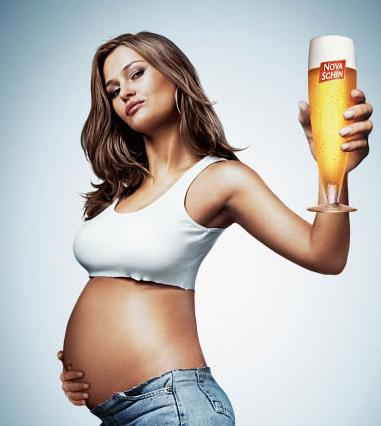 “From what they write on our forum, they are quite realistic about the consequences of drinking and see no reason to worry about how much they drank before they knew they were pregnant.” nine0003
“From what they write on our forum, they are quite realistic about the consequences of drinking and see no reason to worry about how much they drank before they knew they were pregnant.” nine0003
For those concerned about the amount of alcohol consumed before and during pregnancy, the researchers recommend consulting a physician.
The authors encourage other researchers to do more research in this area to understand the issue. Scientists do not exclude the possibility that moderate alcohol consumption may even be beneficial.
The effect of alcohol during pregnancy on the fetus: a modern view of the problem
Many women believe that it is possible to drink alcohol during pregnancy, albeit in small quantities. Of course, we are not talking about hard liquor like vodka or cognac, but a glass of red wine or beer is another matter. nine0003
However, everything is not as simple as it might seem at first glance, and even small doses of ethanol can cause irreversible changes in the development of the child.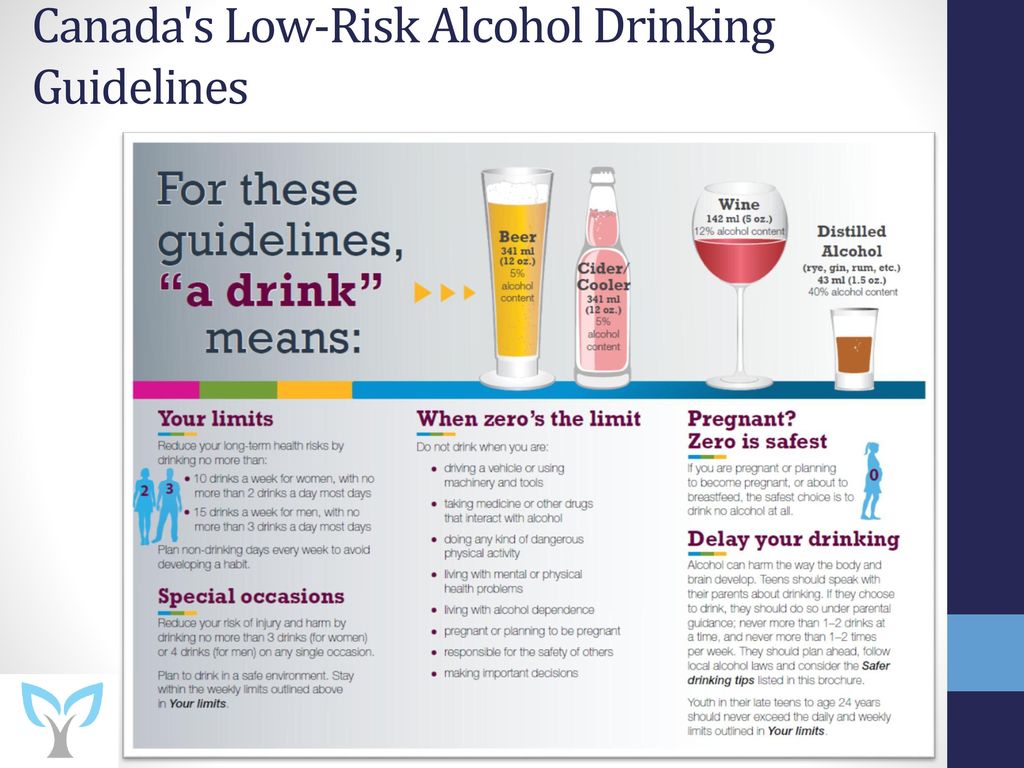 Medicine still does not give an exact answer about the permissible strength and volume of drinks that can be consumed during pregnancy without fear.
Medicine still does not give an exact answer about the permissible strength and volume of drinks that can be consumed during pregnancy without fear.
Important! Recent research has shown that even small amounts of alcohol during pregnancy can increase the chance of preterm birth and underweight babies (LBW). nine0003
Alcohol during early pregnancy
When ingested by a pregnant woman, ethanol crosses the placental barrier and has a devastating effect on the fetal brain. If a mother regularly drinks alcohol during early gestation, it can lead to damage to the white matter, cerebellum, and brainstem.
Drinking alcohol during pregnancy in the early stages is fraught with a violation of the formation of the brain structures of the child, and also contributes to the development of such serious defects as: nine0003
- mental retardation;
- micro-, hydrocephalus;
- oligophrenia, etc.
It is believed that in the first days and even weeks after pregnancy, alcohol is allowed. The placenta is not yet formed, which means that there will be no harm to the baby. However, ethanol makes it difficult for the embryo to attach, thereby increasing the risk of miscarriage.
The placenta is not yet formed, which means that there will be no harm to the baby. However, ethanol makes it difficult for the embryo to attach, thereby increasing the risk of miscarriage.
Pregnant women in the first trimester are strongly discouraged from drinking alcohol, even in small quantities. This also applies to beer, wine and other low-alcohol drinks. Get a remote consultation from our gynecologists to protect yourself and your baby. nine0003
First week of pregnancy: a crucial stage
Alcohol is quite capable of harming the fetus in the first 5-7 days after conception, when it is only a fertilized egg. According to statistics, a huge number of miscarriages happen precisely in the early stages, when a woman does not yet know about pregnancy and, as they say, "misses a glass or two."
During the first week, the fertilized egg travels to the uterus through the fallopian tube. At this time, the drunk alcohol almost instantly enters the bloodstream and inevitably penetrates into the zygote. The result is very often spontaneous abortion, or miscarriage. nine0003
The result is very often spontaneous abortion, or miscarriage. nine0003
Case study:
When registering, the woman was worried that the child might be born handicapped, as there was alcohol consumption during pregnancy. She complained of nagging pain and heaviness in the lower abdomen, which was the reason for hospitalization. The pregnancy was saved.
What does "early" mean
By early is meant the gestation period in the first three months - that is, the 1st trimester. Conventionally, it can be divided into 2 periods: nine0003
- The first 10-12 days from the moment of conception.
- From 12-13 days to 13 weeks (end of the 1st trimester).
Effect of alcohol on the fetus during the first 10-12 days after pregnancy
Every woman from birth has a large set of follicles, of which there are about 500 thousand. New follicles no longer appear, and some die. This does not really matter, since no more than 500 of them will mature over the entire fertile period. nine0003
nine0003
But under the influence of ethanol, the death of follicles is accelerated, and some are damaged. If a spermatozoon fertilizes a damaged egg, a child may develop congenital malformations.
The less alcohol a woman drinks, the healthier her eggs are.
Even strong alcohol does not affect the state of the fertilized egg, if the pregnancy has already begun. A healthy oocyte is not threatened with damage, and the process of cell division will go according to the plan laid down by nature. nine0003
The danger lies in the fact that alcohol activates the production of a specific fluid in the fallopian tubes. The latter are the springboard through which the egg enters the uterus. If the fallopian tubes are blocked, the embryo will simply get stuck and attach to the wall of the tube before reaching the uterus.
On the 4-5th day after the onset of pregnancy, the embryo has about 58 cells and enters the uterus. It is built into its wall, and the formation of the chorion, the outer shell of the embryo, begins. nine0003
nine0003
Up to 12-13 days, that is, before the circulatory system appears in the placenta, alcohol drunk by a pregnant woman can destroy the embryo, causing a miscarriage. However, he is not capable at this stage of pregnancy to cause any pathology.
All of the above does not apply to women suffering from alcoholism, and only applies to those who drink a little, rarely and only quality drinks.
If a pregnant woman drank alcohol at an early date, not yet knowing about her “interesting position”, you should not worry too much. It is unlikely that this will affect the health of the unborn child. However, you need to make sure that there is no ectopic pregnancy. nine0003
Why alcohol should not be drunk from the 12th-13th day to the 13th week of pregnancy
Around this time, the placental circulatory system begins to form. This means that the fetus takes oxygen and nutrition directly from the mother's body. If the mother drinks alcohol during pregnancy, the blood vessels will narrow, and the child will receive less oxygen: he will experience a state of hypoxia (oxygen starvation).
Even the liver of an adult perceives alcohol as a poisonous substance. In the fetus, the liver is just beginning to form and is not able to cope with the poison, the amount of which in his blood is similar to that in the blood of the mother, thanks to the placental circulatory system. nine0003
Case study:
The patient turned to the gynecologist for advice about a possible pregnancy with the question "to save or not to save." She admitted that she drank alcohol, not knowing about her condition. The term is 12 weeks. Ultrasound showed the absence of fetal abnormalities and the threat of miscarriage. In due time, the woman gave birth to a healthy child.
Pregnant women cannot drink alcohol in the 1st trimester, as all systems and organs of the baby are laid. You should be especially careful in the period from 28 to 49the day when the laying of facial features occurs. Drinking alcohol can negatively affect a child's appearance.
Drinking alcohol during pregnancy at the very beginning of the term is highly undesirable. The consequences can be catastrophic:
The consequences can be catastrophic:
| No. p / p | Consequences of drinking alcohol | nine0148
| 1. | fetal alcohol syndrome (FAS), which includes a whole set of congenital malformations |
| 2. | dysfunction of the brain and spinal cord |
| 3. | nine0140 |
| four. | defects in the structure of the genital organs - for example, undescended testicles in boys, doubling of the uterus and vagina in girls |
Alcohol during early pregnancy significantly increases the risk of miscarriage and premature birth. But it is important to know that even with the birth of a healthy child, the consequences may appear later. Most often they occur during puberty. nine0003
Most often they occur during puberty. nine0003
Important! It doesn't matter what the mother drinks - red or white wine, beer, cider, low-alcohol cocktails or homemade liquor.
Is it possible to drink wine during pregnancy in the second trimester
With the second trimester, everything is both easier and more difficult. The question is how much and when. Of course, it is better to completely refrain from alcohol, replacing them with tasty and healthy juices.
Intemperance in relation to alcohol can provoke a child: nine0003
- heart disease;
- distortion of facial features, disproportion of body parts;
- reduced muscle tone;
- impaired ability to concentrate, which will lead to learning difficulties;
- violation of diction, speech;
- weak immunity;
- hyperactivity, etc.
One of the consequences of drinking alcohol by a pregnant woman is the fading of the fetus. nine0003
nine0003
However, there is no complete ban on wine during pregnancy in the second trimester. That's just to afford alcohol is allowed only in the middle of the 2nd trimester. At the beginning of this period, the fetus is not yet protected by the placenta, and its organs are actively developing.
1 sip of wine is allowed to drink at the beginning of the 2nd trimester if nausea is tormented.
A glass of wine during pregnancy can help:
- increase hemoglobin and prevent anemia; nine0065
- strengthen the cardiovascular system;
- improve mood, normalize the emotional background;
- replenish stocks of trace elements;
- stabilize blood pressure.
Pregnant women in the second trimester are allowed to drink a little wine no more than 1 time in 2 weeks.
However, towards the end of the 2nd trimester, you can’t drink at all, since alcohol can harm the baby and provoke various pathologies. Some experts believe that the intake of alcohol by the mother during this period can lead to alcoholism in the child in the future. nine0003
Some experts believe that the intake of alcohol by the mother during this period can lead to alcoholism in the child in the future. nine0003
In addition, along with the period, the body weight of the mother and child increases, therefore, products that contribute to weight gain are limited. Red wine is one of them.
Why pregnant women shouldn't drink champagne
Despite the fact that champagne is a type of wine, it is more harmful. Champagne is quite strong and is quickly absorbed into the bloodstream due to carbon dioxide bubbles, causing almost instant intoxication. nine0003
Alcohol and pregnancy are incompatible. To make your pregnancy go smoothly, get a consultation with an obstetrician-gynecologist by phone. He will give valuable advice and recommendations.
Beer for pregnant women - is it possible or not
It is undesirable to drink beer during pregnancy, and not only because of the alcohol content in it.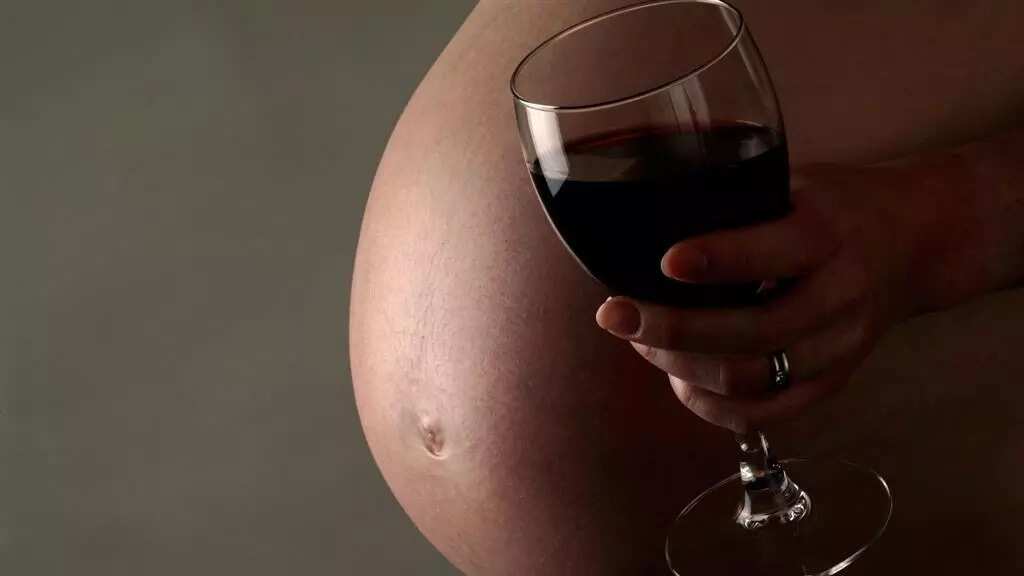 There are many different additives in the foamy drink - in particular, cobalt is the foam stabilizer in it. And this element is harmful to the expectant mother and her child. nine0003
There are many different additives in the foamy drink - in particular, cobalt is the foam stabilizer in it. And this element is harmful to the expectant mother and her child. nine0003
The amount of cobalt in beer exceeds the permissible norm by 10 times.
Case study:
A pregnant woman from a drinking family regularly drank beer, believing that weak alcohol could be drunk and even useful. By her own admission, sometimes she drank a little vodka. The result was the birth of a baby with fetal alcohol syndrome of the 1st degree (small head, low body weight). A full examination revealed a number of other irregularities. nine0003
Why You Shouldn't Drink Non-Alcoholic Beer During Pregnancy
The so-called non-alcoholic beer contains from 0.5 to 1.5% ethanol, and drinking alcohol during pregnancy is not worth it, even such a weak one.
Any beer is also harmful because:
- contains many preservatives to ensure long-term storage;
- has a diuretic effect, undesirable for a pregnant woman; nine0065
- due to cobalt in its composition, it can cause inflammation in the esophagus and stomach.
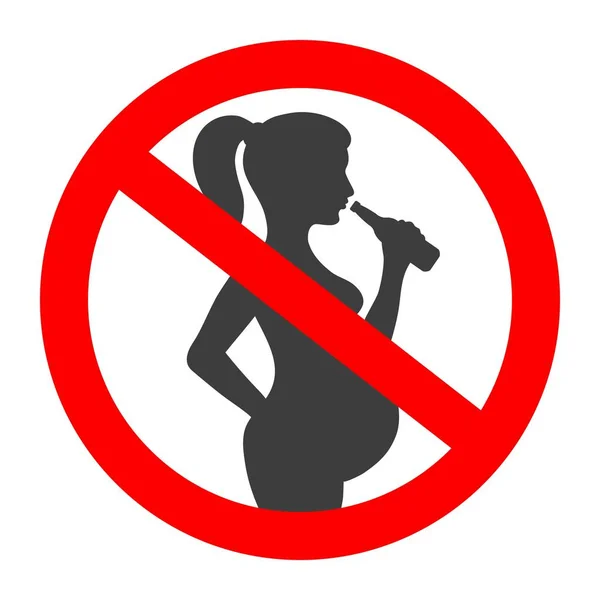
Carbonated drinks
Doctors strongly advise pregnant women to exclude soda from the diet, as it adversely affects the stomach and increases gas formation in the intestines.
Carbonated water has a negative effect on the kidneys and gallbladder due to the content of phosphoric acid. This acid is responsible for the regulation of acidity and increases the risk of kidney and gallstone formation, especially in people with a predisposition to stone formation. During pregnancy, the load on the kidneys is already high, so it is better not to drink soda. nine0003
Alcohol in the 3rd trimester
Pregnant women in the third trimester are allowed to drink wine, but in an extremely limited amount. Half a glass of the drink can be drunk a maximum of 2 times a week.
The absence of a complete ban on alcohol is justified by the fact that by the third trimester all important processes in the fetal body have been completed, and the likelihood of a violation of its development is minimal.
FAQ
What is the best wine during pregnancy? nine0003
+
It is better for pregnant women to drink dry table wine. It helps to cope with low blood pressure, removes nausea, stimulates appetite. But for some, dry wines are too acidic, in which case they can be replaced with semi-sweet varieties.
Which is better - white or red wine during pregnancy?
+
There is not much difference here, a matter of personal preference. White wine has a positive effect on the functioning of the lungs and heart, but is inferior to red in the amount of antioxidants and the ability to increase hemoglobin. But after it, the head is less often dizzy and there is weakness in the body. Red wine reduces the risk of thrombosis, improves blood formation and helps to eliminate toxins from the body. nine0003
How about kvass?
+
Alcohol can be pregnant only at certain times described above.
